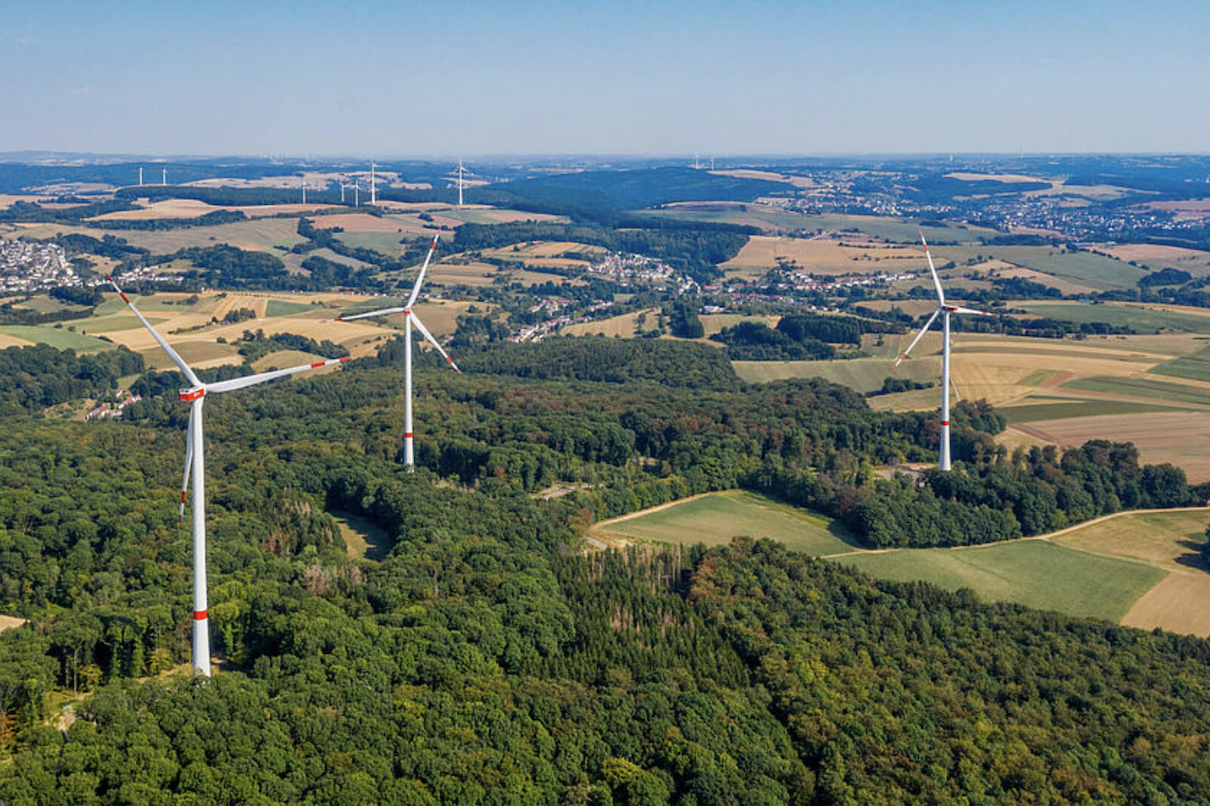Germany’s latest onshore wind tender was once again oversubscribed, with prices falling as the country awarded contracts to more than 1GW of capacity.
The country’s energy regulator, the Bundesnetzagentur (BNetzA), received 147 bids with a combined capacity of 1,356MW in the latest onshore wind-only tender — slightly above the 1,328MW on offer.
It awarded contracts to 141 projects totalling 1,332MW.
This was less than the 1,824MW awarded in the most recent onshore wind-only tender, which was the first time such an auction had been oversubscribed since December 2020.
Successful bid prices in the latest round ranged between €47.70/MWh and €58.80/MWh, with a volume-weighted average of €57.60/MWh. This average price was just below the €58.80/MWh cap on bids in this round, and down from the €57.90/MWh average in the previous tender.
The BNetzA suggested this may have been because a lower maximum price of €58.80/MWh was applied in this round — compared with the €60/MWh ceiling price in October 2021.
ABO Wind, Alterric – the joint venture of Enercon owner the Aloys Wobben Stiftung and EWE – Boreas, Denker & Wulf, EnBW, Energiekontor, PNE, RWE and Wpd were among the successful developers. Many community wind farms also received power contracts.
The most capacity was awarded in the north-western state of Lower Saxony (25 projects with a combined capacity of 326MW), followed by North Rhine-Westphalia (30 projects, 275MW) and Schleswig-Holstein (27 projects, 259MW). Projects were also awarded in Rhineland-Palatinate, Saarland, Brandenburg, Saxony-Anhalt, Bavaria, Hesse, Sazony, Mecklenburg-Vorpommern, Baden-Württemberg and Thüringen.
Reaction and next steps
The German Wind Energy Association (BWE) added that with the cost pressures on the European wind industry, the low rates awarded in the tender are “very ambitious”, and an increase to the bid ceiling is “becoming increasingly necessary”.
It also considers the low participation of high-consumption states in the south to be “highly problematic” and called for the EU to provide state aid enabling a quota of wind farms in southern Germany and for state governments to award more permits.
“The oversubscription of the tender is the result of a hard effort by the project promoters in all parts of the country. They managed to obtain a sufficiently high number of approvals despite a regulatory corset that is cutting off the wind industry, flanked by new frameworks in individual federal states and the local communities. If the federal government facilitates the provision of space this year and tightens the planning and approval procedures, the number of new approvals will be able to increase even further,” said Hermann Albers, president of the BWE.
Germany’s next onshore wind-only tender has a deadline of 1 May.
The new coalition government is expected to introduce a climate protection package addressing tender volumes next month. It is also expected to unveil measures to address permitting and onshore wind expansion later this year.

.png)


.png)










